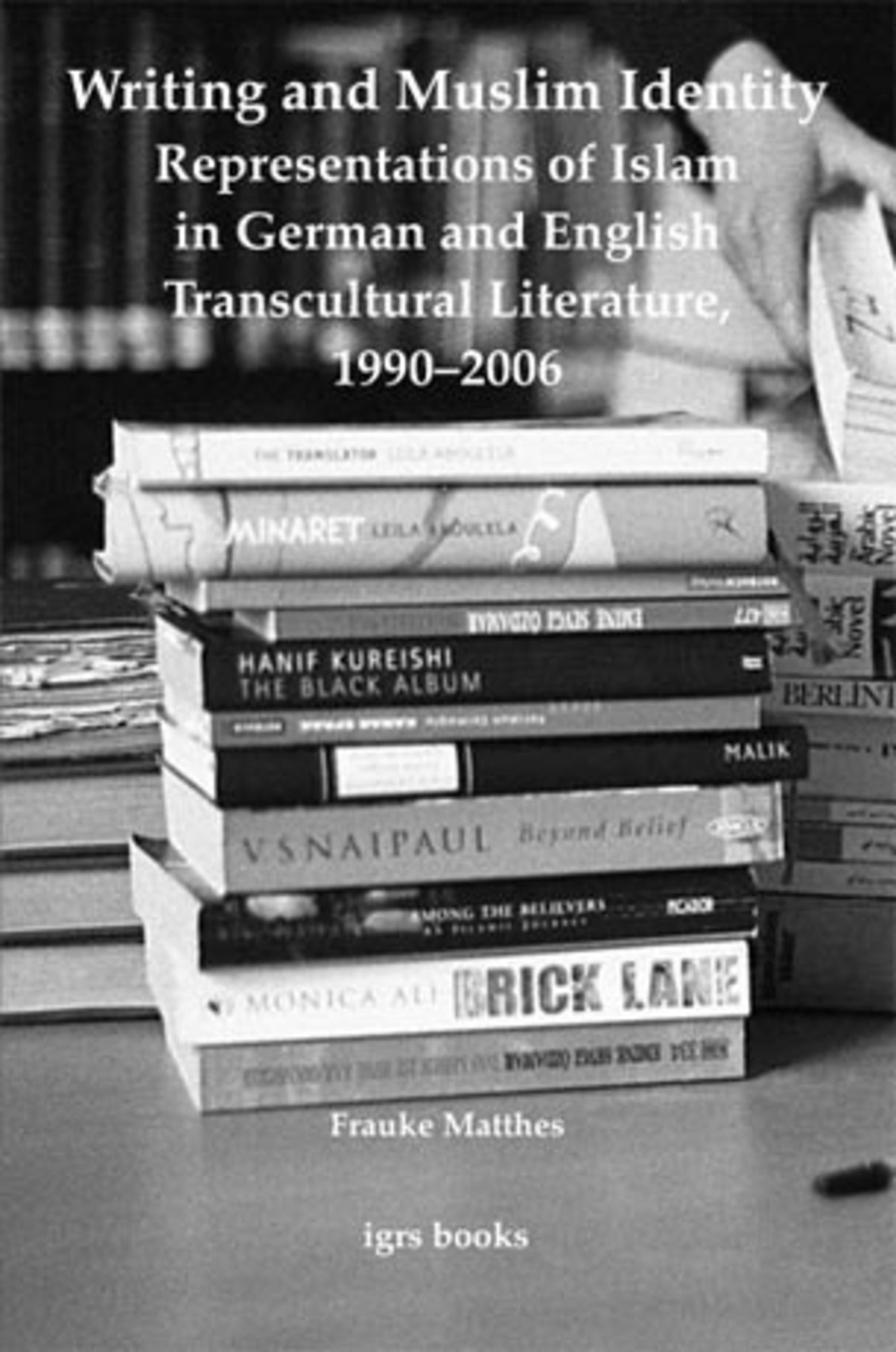We're sorry. An error has occurred
Please cancel or retry.
Writing and Muslim Identity: Representations of Islam in German and English Transcultural Literature, 1990-2006

Some error occured while loading the Quick View. Please close the Quick View and try reloading the page.
Couldn't load pickup availability
- Format:
-
01 February 2012

Writing and Muslim Identity is a comparative study of Islam in contemporary German- and English-language literature. At a time when the non-Islamic world seems to be defining itself increasingly in contrast to the Islamic world, this literary exploration of Islam-related issues sheds new and valuable light on the cultural interaction between the Muslim world and 'the West'. Writing and Muslim Identity engages with literary representations of different versions of Islam and asks how travel and migration, the transcultural experiences of migrant and post-migrant Muslims, may have shaped the Islams encountered in today's Germany and Britain. With its comparative approach to 'cultural translations' as creative and challenging interactions between cultures that are constantly in flux, the study develops methods of engaging with notions of home and movement, gender and language, all of which may shape a (post-)migrant's transcultural experience. The book also offers a complex understanding of transcultural writing in relation to 'traditional' (Anglophone) as well as 'marginal' (German) postcoloniality.
Frauke Matthes is Lecturer in German at the University of Edinburgh.

LITERARY CRITICISM / General, Biography, Literature and Literary studies

Contents
Abbreviations and Textual Notes
Introduction: Islam and Transcultural Literature
- Moving with Islam
Islam, Migration and Home: Emine Sevgi Özdamar’s Das Leben ist eine Karawanserei and Monica Ali’s Brick Lane
- Travelling to Islam
Pilgrimage and Hajj: V. S. Naipaul’s Among the Believersand Beyond Belief, and Ilija Trojanow’s Zu den Heiligen Quellen des Islam
- Islam, ‘Difference’ and Masculinity
Male Perspectives from the ‘Margins of Society’: Feridun Zaimoğlu’s Kanak Sprak and Hanif Kureishi’s The Black Album
- Islam, Writing and Femininity
Female Perspectives from the ‘Margins of Society’: Emine Sevgi Özdamar’s MutterZunge, Feridun Zaimoğlu’s Koppstoff, and Leila Aboulela’s The Translator and Minaret
Conclusion: Islam and its Audience
Bibliography



